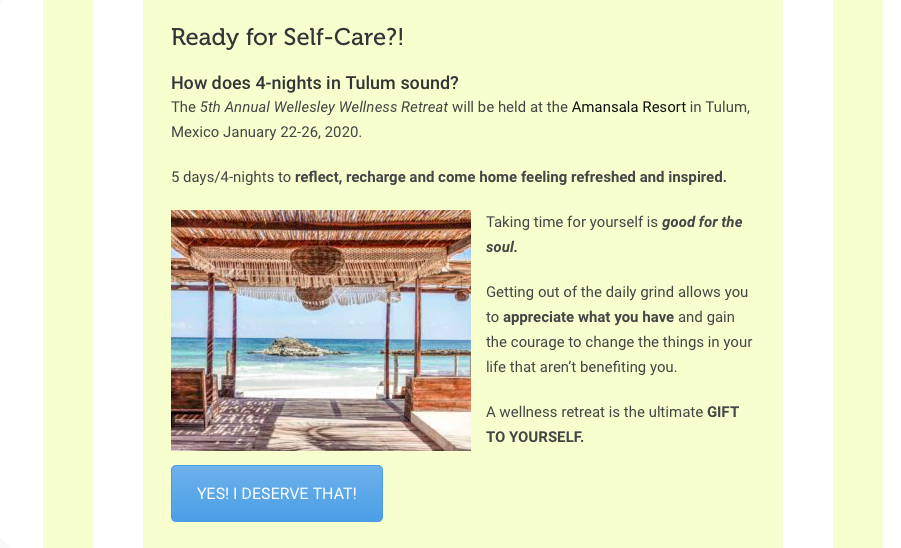Sleep = Love
Happy Monday! Are you feeling the effects of Daylight Savings Time today? Sleep is such an important component of our well -being, and it is never fun to lose an hour of it! It takes most people a few days to adjust to springing forward; so today you may be feeling a little groggy.
Last week was also National Sleep Awareness Week, so I figured it was a good time to emphasize the importance of sleep.
For me, I feel it physically and mentally when I don’t get enough sleep, or if I get too much sleep. Eight hours is my magic number, which is typical for most healthy adults, although everyone is different. Many are fine with 6 hours and others need 10.
This chart can be helpful, especially if you have kids. I always get confused on how much sleep my kids need. Just like adults, even little ones have different sleep needs. When my oldest son went in for his 7-year check up, his doctor told me that some 1st graders are fine with 8 hours of sleep. Mine is not; but it still made me feel better for times when he doesn’t get the 10-11 hours this chart recommends.
There have also been several studies done on the relationship between sleep and health. The Harvard Women’s Health Watch points out the relationship of chronic sleep loss to learning, memory, metabolism, weight, mood, immune function, safety, and increased stress hormones, among others. If I miss one good night of sleep, I know I am irritable, have headaches, don’t feel like exercising, make bad eating choices, and feel more stressed and anxious.
There is a good article in the Health section of U.S. News & World Report – 13 Reasons Not to Skimp on Sleep – that also discusses the impact of sleep and health.
If you or a loved one is having sleep issues, the first step can be as simple as figuring out the magic number of hours of sleep needed. Then strive to get that amount of sleep each night. I know life gets in the way and sometimes it just isn’t possible; however, you can strive to make sleep a priority.
Making sleep a priority is Love. Loving yourself for allowing other things to go to the back burner so you can sleep. Loving those around you who will benefit from your better mood and overall well-being.
If you are having trouble sleeping….
Tips on getting a good night’s sleep
- Keep a regular sleep/wake schedule
- Don’t drink or eat caffeine four to six hours before bed
- Avoid alcohol before bed
- Exercise regularly, and finish your workout a few hours before bedtime
- Create a sleep environment that is conducive to your needs (temperature, noise level, etc)
- Develop a regular relaxing bed time routine (bath, reading, relaxing music)
- Don’t bring your laptop, iPad, or mobile device into bed with you; turn off electronics 30 min-1 hour before bed
- Have a comfortable mattress and pillows
- If you can’t sleep, go into another room and do something relaxing until you feel tired
- Save your worries for the daytime; if concerns come to mind, write them in a “worry book” so you can address those issues the next day
Worrying about stressful issues is one of the biggest contributors to sleep problems. Whenever I have something stressful going on in my life, I have a really hard time settling my mind to fall asleep. I am going to try the “worry book” tip next time. Typically, when the stressful situation is resolved, so are the sleep issues.
If you have more serious sleep-related issues, there are lots of resources out there:
American Academy of Sleep Medicine
NIH National Center for Sleep Disorders Research
Happy sleeping!
Love,
Molly

